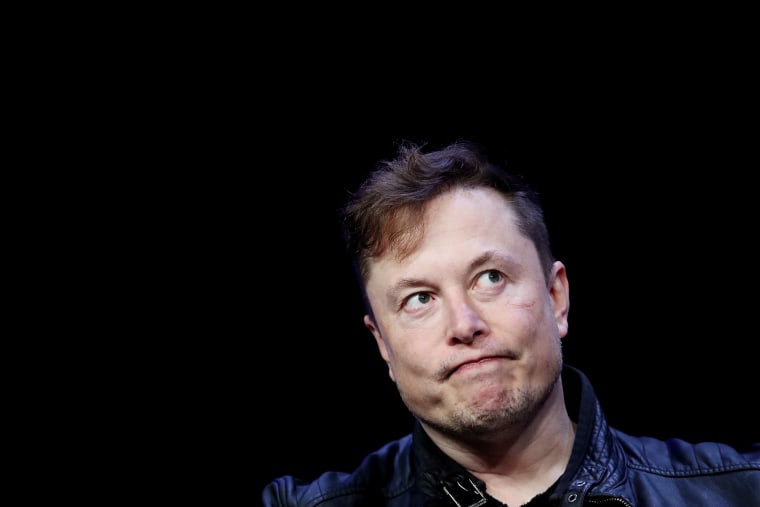Beginning April 1, Twitter will start removing “legacy verified checkmarks” from the profiles of celebrities, journalists, civil servants and other public figures. Twitter is making the move in an attempt to force more users to pay for “verified” check marks, as part of its agenda to monetize a service that was previously handled by the company for free.
But so far, the plan isn’t going well. As CNN reports, many media organizations, including The New York Times, Los Angeles Times, The Washington Post, BuzzFeed, POLITICO and Vox, are already saying they have no plans to dish out money for Twitter Blue, the fee-based service that includes those blue check marks. The White House will also not be paying staffers for verified accounts, according to Axios. And Los Angeles Lakers star LeBron James promises that he "ain't paying."
This was an entirely predictable case of Twitter CEO Elon Musk playing himself. Why would media outlets — or anyone else — rush to pay for verified badges when he’s systematically destroyed their meaning?
Musk unraveled the purpose of the very thing he wanted to make money off.
“Some of you may be wondering whether or not the L.A. Times will pay for Twitter Blue subscriptions, and the answer right now is no, for several reasons: First of all, verification no longer establishes authority or credibility, instead it will only mean that someone has paid for a Twitter Blue subscription,” Sara Yasin, managing editor of the Los Angeles Times, told staffers, according to CNN. After all, Twitter Blue does not authenticate users’ identities.
Musk believed he could turn verified badges into a key source of new revenue for making Twitter profitable, a goal that’s surely growing more difficult as advertisers have fled Twitter en masse after Musk took over the company last year. But now key demographics that he would’ve hoped to have secured for paying for the service — journalists, famous celebrities, and government workers — might be checking out altogether. And that’s because Musk unraveled the purpose of the very thing he wanted to make money off.
As I’ve explained before, Musk fundamentally misunderstood or disregarded the true value of verified badges to most people who had them. Their original purpose was for Twitter to confirm that public figures were who they actually said they were in order to combat impersonation and misinformation. It was the key feature of what made Twitter a reliable source of news: verified accounts helped separate trustworthy statements and reporting from rumors and false claims.
But Musk decided that the reason verified badges were important was not because they verified identity, but because of the way they signaled social clout — and that he could cash in on this by trying to get a bigger network of people to pay for them. So now under his paid verification service, users’ identities are not confirmed, but blue checks can be distributed to anyone willing to open up their wallet. In other words, he’s hollowed out their meaning but kept the trappings intact.
Twitter’s pivot on verified check marks is further complicated by the fact that it’s unclear which organizations exactly will lose their legacy ticks Saturday. According to a New York Times story based on an internal report from Twitter, the company “will make exceptions for its top 500 advertisers and for the 10,000 most-followed organizations that have been previously verified.” That’s not Twitter’s public position, and Twitter responded to requests for comment from the Times and from Variety with a poop emoji auto-response. But at the very least it suggests the possibility that Musk is coming to grips with the reality that many companies won’t pay for the badges.
Regardless of how those possible exceptions play out, the meaning of verified badges on Twitter has likely changed irrevocably. Whereas before they were a useful tool for combating misinformation, they now only represent the price to entry for pay-to-play influencer and activist activity. Unless Musk finds a solution that makes Twitter more hospitable to media, he might just experience more and more of what we’ve seen since his takeover last year: advertisers and public figures fleeing Twitter in search of a better alternative.

